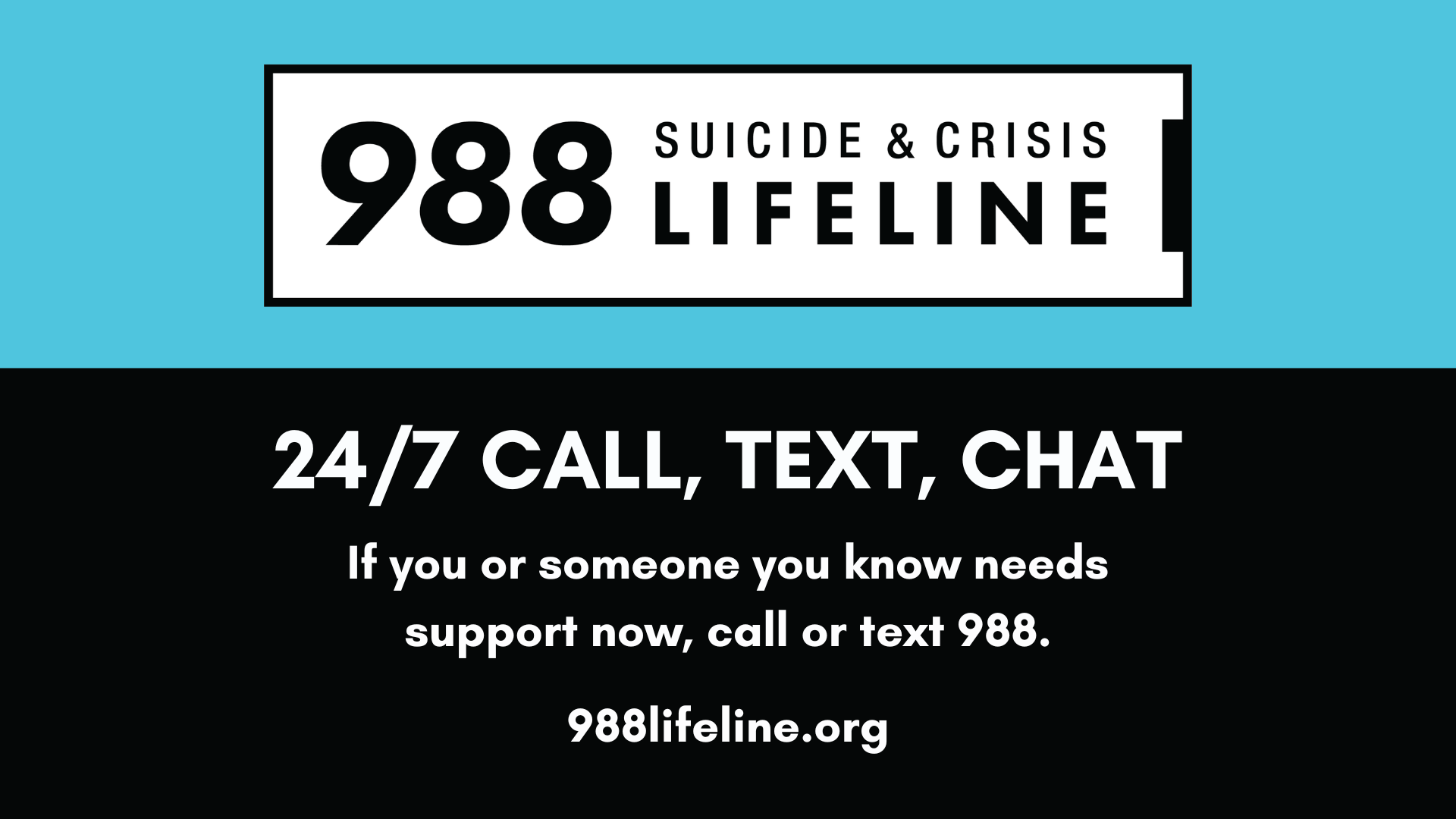Student Counseling Services
Brief Individual Counseling
Page Content
Brief Individual Counseling can help students manage these stressors, decrease severity of negative mental health symptoms, and help students maintain sound functioning in their academic and social lives.
Counseling takes place in a safe, confidential environment where counselors and students create a trusting relationship. Brief Individual Counseling is short-term and problem focused, with a counselor offering specific behavioral changes, assisting with problem solving, or directing students to important on-campus resources. It is important that the clinical staff understand any long-standing mental health problems, issues of long-term personal growth, or understand ways that past experiences impact present functioning. However, for more intense and long-term needs, our staff may provide a referral. The length and type of counseling depends on the nature of a student's concerns and the student's goals for counseling. Students are assessed for their needs during an intake. Depending on student needs and staff referrals, a maximum of 8 free sessions per semester may be available. If the need arises to offer beyond 8 sessions, counselors will consult to determine best treatment plan to move forward. Services delivered by Student Counseling Services (SCS) staff are, always, at no cost. However, if a student is referred to any other community providers, there may be costs associated with care outside of SCS.
The professional, multi-disciplinary staff at Student Counseling Services has expertise across a variety of therapeutic styles and mental health concerns. Typical mental health concerns that we provide counseling or referrals for include:
- Symptoms of depression
- Symptoms of anxiety or panic attacks
- Difficulties with motivation, time management, and procrastination
- Effects of recent traumas such as sexual assault or loss of a loved one
- Interpersonal concerns such as isolation, homesickness, interpersonal conflicts, and/or social anxiety
- Effects of discrimination based on race, class, gender, ability, or sexual orientation
- Effects of stress and trauma due to family conflict
- Concerns about alcohol and drug use
- Concerns related to eating such as binge eating or restricting diet
- Performance related concerns such as test anxiety or anxiety over public speaking
- Concerns related to bizarre experiences, thinking, and confusion
- Concerns related to concentration and focusing attention
When to Seek Individual Counseling
Students experiencing the following symptoms should consider mental health support from us to help maintain academic and social functioning:
- Mental Health crisis
- Persistent thoughts about harming self or others
- Feel alone, confused, or unable to cope after a recent loss or trauma
- Persistent feelings of sadness, including loss of motivation for schoolwork and inability to engage, even in pleasant activities.
- Feeling overly restless, nervous, or panicked when faced with academic and social demands
- Noticeable changes in personality, mood, or temperament, including mood swings that lead to risk-taking or aggressive behavior
- Unsuccessful attempts to control alcohol or drug use, or unexpected consequences from alcohol or drug use
- Changes in work or school performance due to stress or difficulty concentrating
- Noticing patterns in your thoughts or behaviors that seem to impede personal growth and fulfillment
